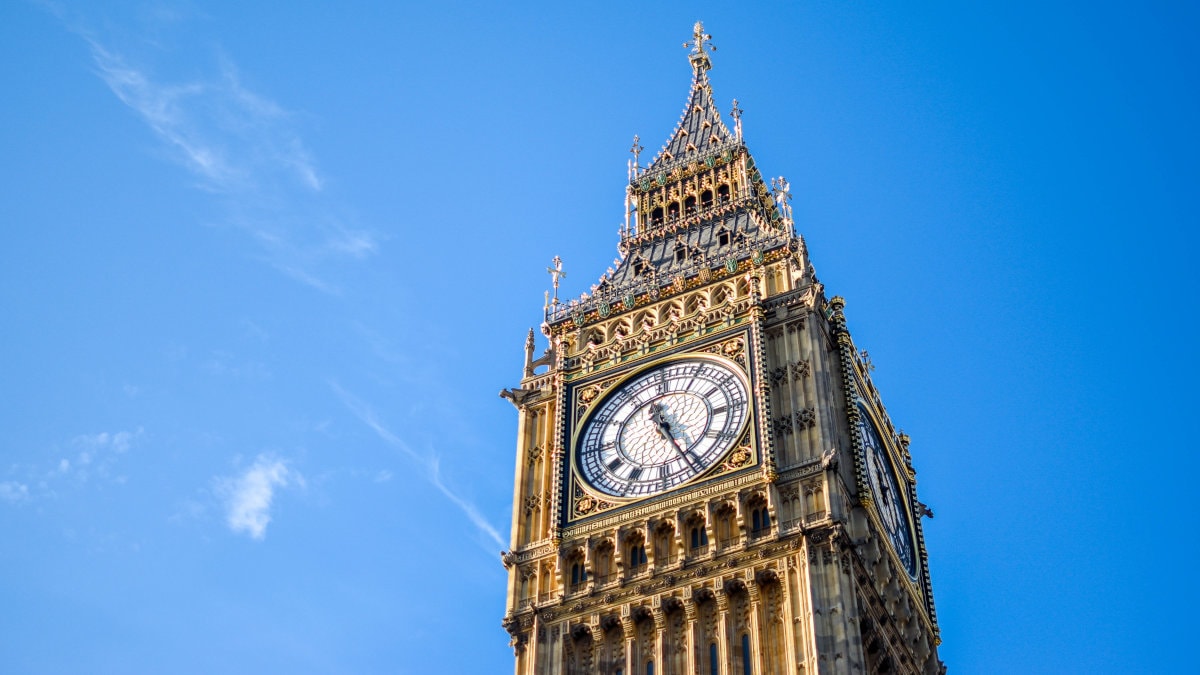Finding the right agent is extremely important for actors. And whilst top talent agencies can provide a tonne of value to an actors career, there are many reasons why an actor should consider signing with a boutique agency. In fact, there are many incredibly successful actors that choose to sign with boutique agencies, despite the fact that they could easily sign with a larger agency.
Table of Contents
Personal Attention
Many of the biggest talent agencies represent thousands of actors. This is great for the agency and for casting directors as they have access to an almost unlimited and diverse pool of talent. But unless you’re one of the already well-established actors at that agency, the chances are you will prodominantly be communicating with the agents assistant, rather than the agent themselves.
This is because agents at top agencies are extremely busy, and they don’t have time to manage their entire book, so they have assistants to help with the workload. Sure, you want your agent to be busy, but it can often be disheartening for some actors to know that their agent doesn’t really have time for them.
Smaller agencies will represent smaller pools of talent and be able to provide personable representation so that you can have confidence that your agent is not only doing all they can to get you work, but also so they can understand you as a person, and get you auditions that you’re more likely to win based on your skillsets.
A Focus on Strategy & Development
Boutique agencies are very specific with the clients they represent. And because their books are much smaller than larger agencies, they’re able to understand each actors specific strengths, weaknesses, career goals and personality. They can then use this information to create a tailored strategy to grow your career, and get you auditions that are inline with your skillsets and goals.
Take Control of Your Acting Career
Learn to build a consistent and sustainable career in the entertainment industry!
Smaller agencies are also more likely to represent talent with less experience because they believe that they can help build there career from the ground up by encouraging professional development. They can advise on workshops, classes, headshot photographers and networking events that you can attend. They’re playing the long-game, by betting on you building a thriving career. Agents at larger agencies often don’t have time to provide this much focus into each actor they represent.
Build a Strong Actor-Agent Relationship
Smaller agencies provide a more close-knit, family-like environment for their clients that many actors prefer over the seemingly corporate feeling of larger agencies. For this reason many well established actors choose to stay with their agents for their entire career, because the bond they’ve built with that agent outweighs the benefit that they’d get from being with a larger agency.
All agencies want to make money, that’s obviously the goal. But for some actors, it can feel like larger agencies are more focused on making money, whereas a smaller agency is more focused on supporting growth in the career that you want to build. I’m sure that’s not true, but the way you feel about your agent is arguably more important than the reality, and if that’s how you feel, then that’s something to take into account.
Specific Expertise & Focus Area
By definition, a boutique agency is an agency with a specific expertise and focus area. In recent years, the term “boutique” has been used more flexibly and can often be used for small agencies that don’t have a focus area, but this can vary.
There are many agencies that have a certain level of expertise and speciality within a specific form of work. For example, if you want to build a career within musical theatre, there are agents that are dedicated to representing musical theatre performers, or actors that can dance or sing, etc. These agents will often have more connections within this area, and many have worked as performers so understand the industry very well.
If you want to go into a specific type of work, finding an agent that is more focused on that type of work can be very beneficial.
Less Internal Competition
When an agent gets a breakdown from a casting director, the agent will then send the casting director actors that they think are the most suitable and they think would be great for the role. This means that a larger agent may be submitting you along with very well known actors. You’ll then be directly competing with actors that have years of experience, and are recognisable names within the industry.
This can be seen as a positive, as you’re getting many of the same opportunities as very successful actors. But it could also be seen as a bad thing as the competition is much higher. Producers are often very interested in getting big names attached to their projects as they’re able to guarentee funding, and get a guarenteed audience due to existing fans. Actors that don’t have this recognisability will be at a disadvantage.
There have been many cases where great actors have been turned down roles because they “don’t have a big enough following.” This can also be seen with the rise of well-known non-actor celebrities getting acting roles.
Conclusion
There are many benefits to both large agencies and smaller agencies. It’s important that you take the time to think about what you’re getting in return for the comission you’ll be paying the agent. If the agent is smaller, do they have a network? Are their current clients working? If it’s a large agency, does it matter to you that you won’t have a highly personable relationship with your agent?
And remember, the right agent is more important than any agent, and the wrong agent can do more harm than not having an agent.








